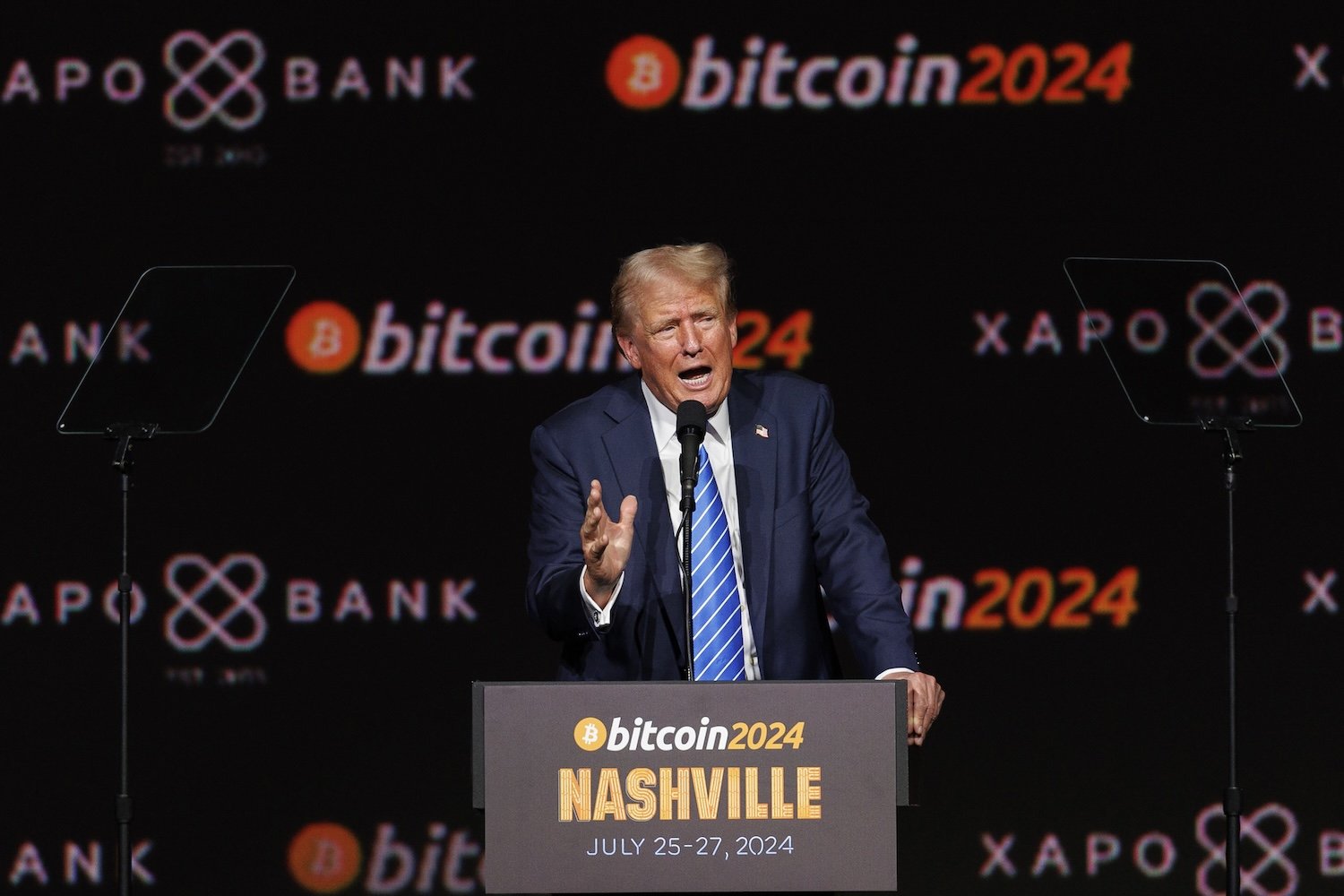URGENT UPDATE: The Trump administration is facing scrutiny as new reports confirm a significant connection between its cabinet members and the cryptocurrency industry. This comes on the heels of Congress passing new laws establishing lenient regulations for cryptocurrency, coinciding with a high-profile “Crypto Week.”
Just announced: The GENIUS Act has been approved, setting the stage for the mainstreaming of digital currencies. With this backdrop, it has been revealed that approximately 20% of Trump’s nominees in key positions either hold cryptocurrency or have invested in crypto companies, as reported by the Washington Post.
The implications are staggering. Trump himself is reported to have a stake in cryptocurrency worth at least $51 million. Additionally, his running mate, JD Vance, disclosed holdings of between $250,001 and $500,000 in Bitcoin, highlighting a trend among the administration’s officials.
Among Trump’s cabinet, key figures are also heavily invested. Treasury Secretary Scott Bessent initially held at least $500,000 in digital assets before divesting. Defense Secretary Pete Hegseth and Director of National Intelligence Tulsi Gabbard also reported significant cryptocurrency holdings, with Gabbard divesting before taking office. However, the standout is Health and Human Services Secretary Robert F. Kennedy Jr., whose reported crypto assets range between $1 million and $5 million.
But it’s not just the cabinet. Administration officials overseeing financial regulation have substantial investments too. Notable among them is Bill Pulte, the director of the Federal Housing Finance Agency, holding between $1 million and $2 million in digital currencies. Additionally, Scott Kupor, tapped to lead the Office of Personnel Management, reportedly possesses almost $10 million in cryptocurrency.
The potential for conflict of interest raises questions, especially as the administration explores integrating cryptocurrency into various sectors, including housing. Recent statements from Trump indicate plans to allow retirement fund managers to invest in digital assets, further intertwining cryptocurrency with everyday financial systems.
The administration’s significant ties to cryptocurrency could reshape how digital currencies are integrated into the economy. As federal officials push for increased acceptance of digital assets, the stakes are higher than ever for both investors and consumers.
WHAT’S NEXT: With the new laws set to take effect, all eyes will be on how these regulations develop and the impact they will have on the broader financial landscape. The administration’s close ties to the crypto sector will undoubtedly influence future policies, making it crucial for stakeholders to stay informed.
As the situation evolves, the intertwining of politics and cryptocurrency remains at the forefront of discussions. Expect more updates as this story develops.
